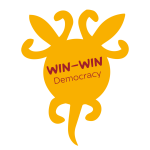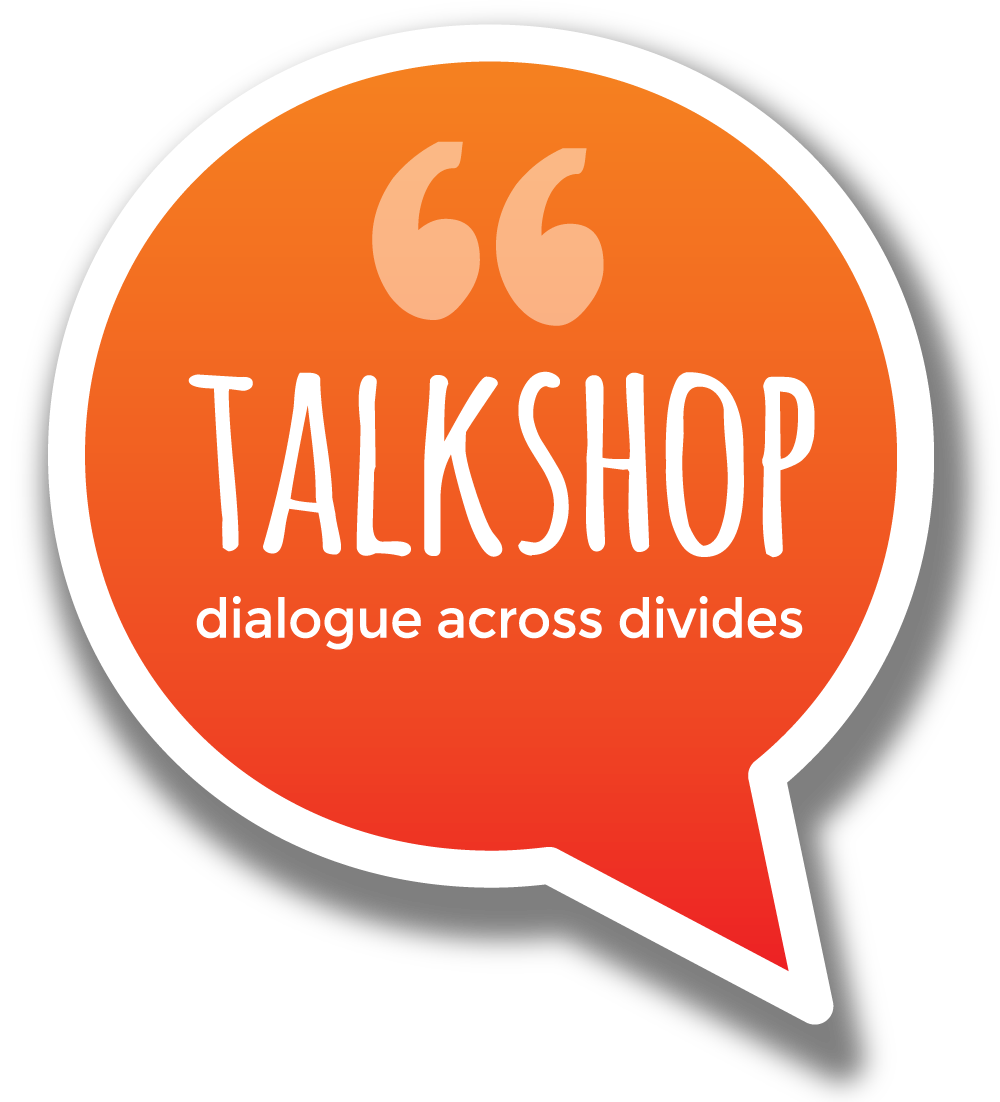|
|
 |
Why Win-Win?
We at Talk Shop would like to use our experience in creating constructive dialogue to tackle two of the desperate problems facing politics at present.
First, politics has become more and more divisive. How can we counter that, by helping people who disagree to find common ground?
Second, that division creates a win-lose world: some win and some lose. (Or they compromise so they both win something and both lose something.) Instead, how can we find solutions that are win-win?
How we aim to tackle those issues
The contribution we are best placed to make is to curate a suite of formats that create the discussions that do this. We also aim to show how these formats can become part of the way we govern ourselves, and to help make that institutionalisation happen.
What we did in 2023
Our main effort went into developing a format called the Win-Win Workout. See this video (4 mins). The Win-Win Workout is designed to create a set of shared aims that everyone can live with. We believe this to be the role of citizens – no-one else can or should do this. We can then draw on experts to turn those aims into solutions.
During the year, we ran 14 Win-Win Workouts on 11 different topics. 10 of those events were online, including as part of the Mozilla Festival. Four were face to face. There is a postcard which says, “I’ve learned so much from my mistakes – I think I’ll make another one”. We knew that we had to run all those events in order to make lots of mistakes, so that we could learn from them and get the format right. There’s a description of the current format here.
To illustrate our range of topics, on this site you can find blogs on some of our events (earliest first):
- The future of the BBC (actually in November 2022, our launch event)
- Predictive policing
- Intensive Poultry Units
- Low Traffic Neighbourhoods, taking the example of Oxford
We are also big admirers of the Polarity approach, developed by Polarity Partnerships in the USA. The Win-Win Workout is about achieving digging underneath the positions that people and groups strike, to find shared aims at the level of needs. The Polarity approach applies the notion of win-win to the management of competing values. In 2023 we held an initial trial, exploring how the National Trust could best balance the values of continuity and change.
What we want to do in 2024
The Win-Win Workout
We’d like to make progress in four areas:
- So far, all our events have been organised either by Talk Shop or by Paul Thistlethwaite of Thinking Box. We want to spread the format by enlisting other organisers.
- We also want to show that the Win-Win Workout can help to solve contentious political issues. We expect these initially to be very local, and probably related to transport planning.
- We’d really like to run events with politicians from different parties – or with people representing them. We hope to show that there is common ground buried beneath their differences. We’d equally like to reach a larger audience, by doing this at festivals, for podcasts etc.
- We want to start to show how the Win-Win Workout could be designed into the political process. This blog shows how Citizens Councils, a related approach, were institutionalised in Austria.
Other formats
- The Polarity approach: we intend to follow up the workshop on the National Trust
- Crowd Wise, developed by Talk Shop, is based on a well-established form of voting called preference voting. We think it may be an excellent way to turn aims into solutions. We are working towards a first trial on the topic of housing in April or in May.
Help!?
Fancy joining in? We need all the help we can get! Contact Perry Walker.
